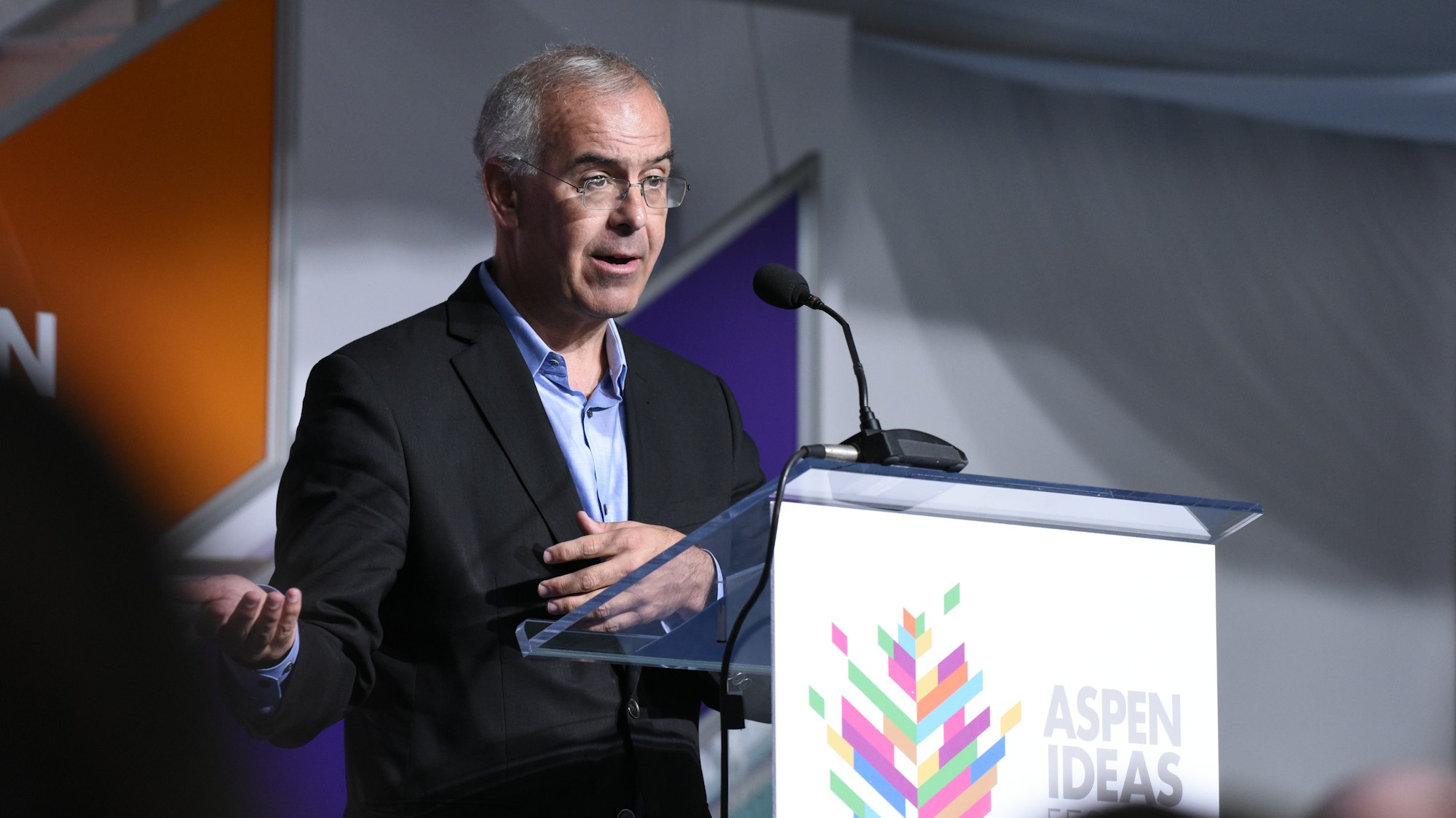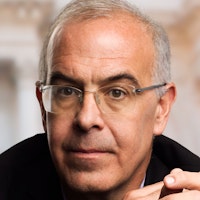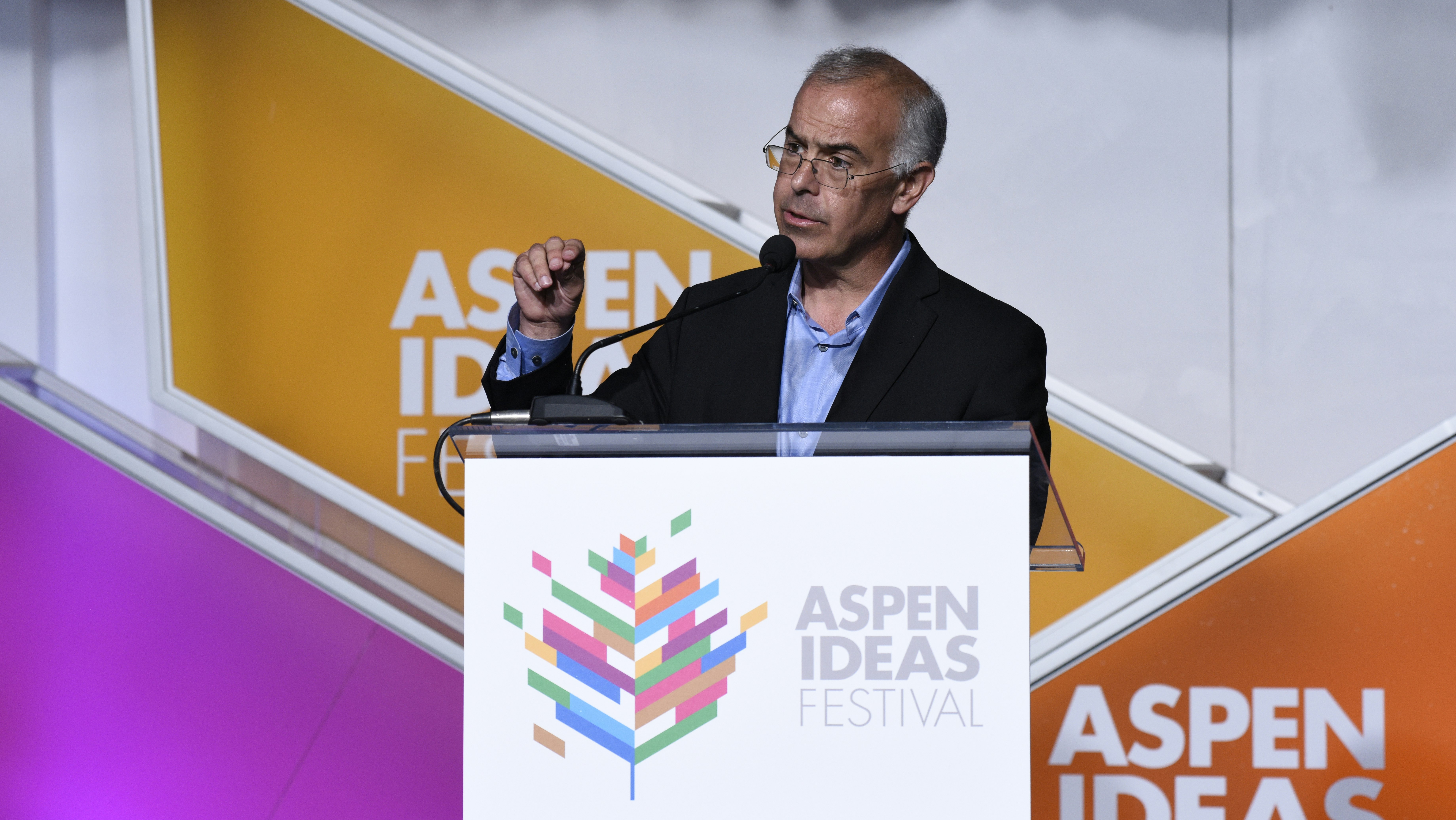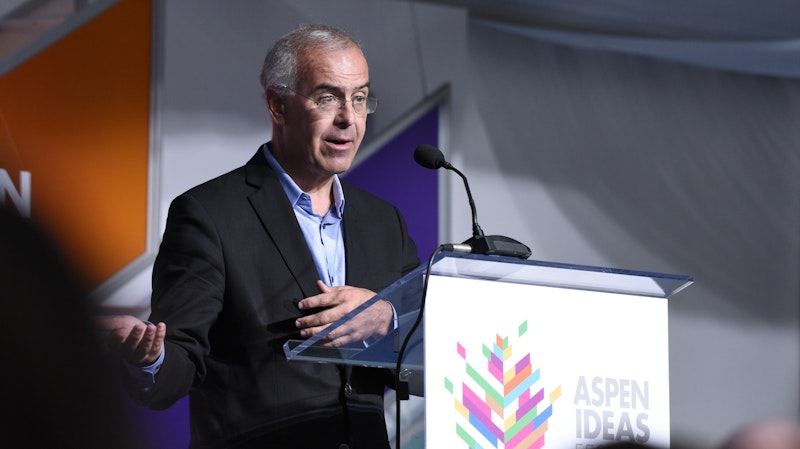
The Four Commitments: The Choices That Create Your Life
Setup
A successful life usually depends on making four major commitments: to a spouse or family, a faith or philosophy, a community, and a vocation. But how do we choose what we will commit to, and how do we execute those commitments? In later years, is it possible to launch a new booster stage with new or additional commitments? (Yes.) This will be another exploration of a life well lived.
Speakers
- 2016 Festival
The case for commitment in an era of evasiveness
The 21st century zeitgeist, according to New York Times columnist David Brooks, is not one that rewards commitments. Reasons for evasiveness may be manifold, but Brooks thinks the end result is the same: individuals and societies that are fragmented and listless. Without long-lasting commitments that weave through the fabric of your life, there’s nothing tying it all together. Whether shying away from big life decisions or ghosting a date, we are not inclined to commit to ourselves or others.
A definition for the times
2. How to make the leap of blind faith that commitments demand of you
Many of the big commitments we make in life, no matter how much planning or soul-searching goes into them, are still acts of blind faith. In the absence of cold logic to guide our decisions, David Brooks advocates for love and morality to be the foundation of our commitments:
-
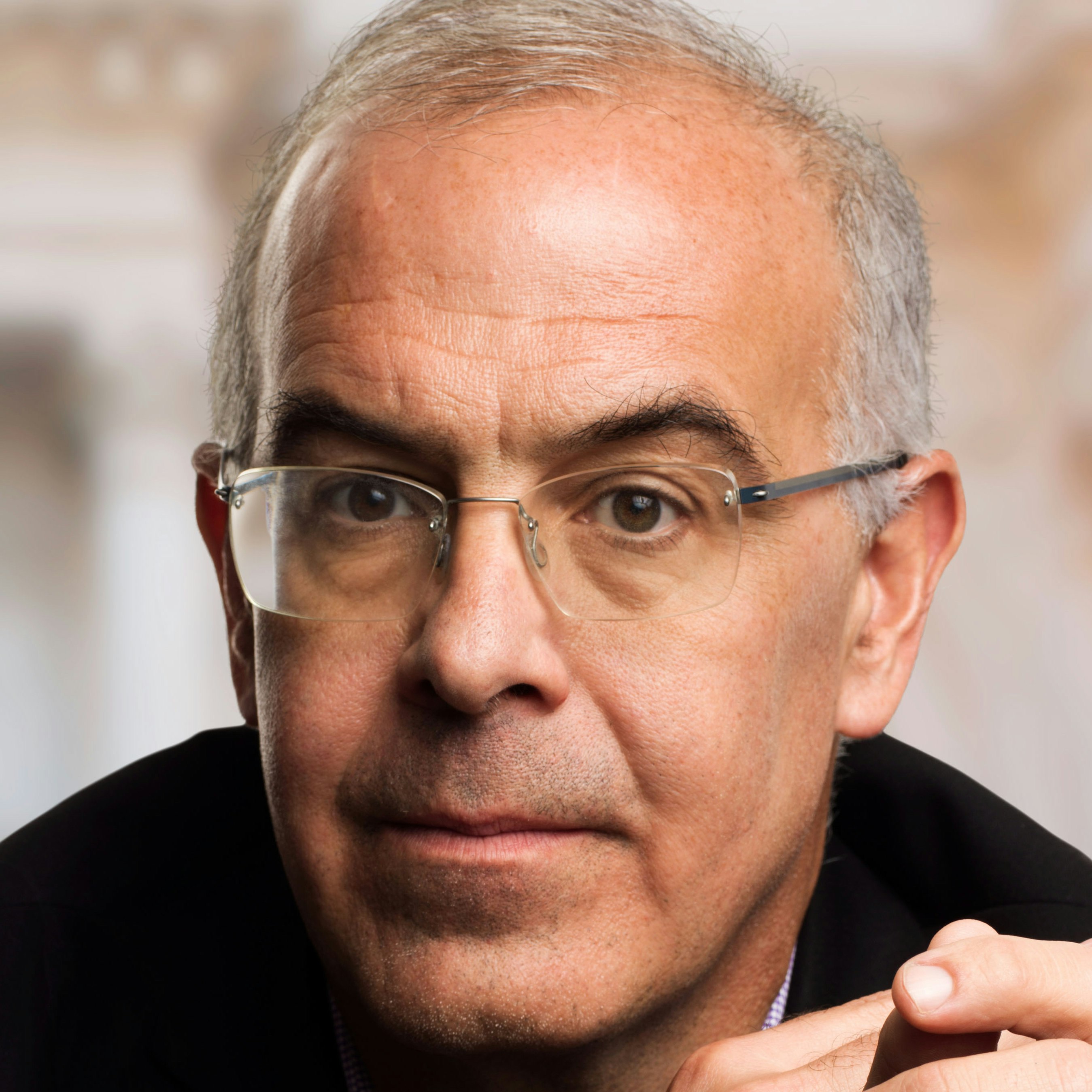
David Brooks: The first thing love does is humbles us, it reminds us we're not even in control of ourselves. You can't control your own thinking when you're in love, when you look across the crowd you think you see your beloved sitting there. The second thing love does is it plows open hard ground. It opens up the crust of our lives that we've used to cover of ourselves, exposing soft flesh below. And it makes us more liable to suffer deep pain, but also deep joy. The third thing love does is it decenters the self. You realize your riches are not in yourself, they are in another person. And the final thing it does is it leads to a sort of fusion unity between two people.
A strong inner morality allows us to set aside what may seem like the logical choice and put a higher calling at the center of our decision-making. Morality decouples ourselves from our decisions, in a way, and can be a constant throughout decades of change.
What disciplines our commitments?
If love and morality compel our commitments, what maintains them over years and decades? What strengthens our commitments when love and morality butt heads with everything outside the mind? David Brooks has some suggestions:
Explore More
Education


Young people in America are struggling. The causes are varied and may not be entirely clear, but the results are unfortunately unmistakable. Many of our youth feel lonely, iso...

Finding the national and global headlines understandably bleak lately? Whether you need mental distraction or stimulation, engross yourself in compelling topics and get a gli...

Today's kids are coming of age against a backdrop of political, social, technological and economic upheaval. While these circumstances are shaping a precocious generation that...

In “Mindset Matters,” Daniel R. Porterfield advances the argument for the value of undergraduate education and suggests ways to improve education for new generations. Three co...

The Walton Family Foundation’s latest research with Gallup shows that young people need a sense of purpose in school and work to feel happy—and the right adult mentors and gui...

Academia is beset by challenges related to free speech, admission policies, donor pressures and soaring costs. University leaders are simultaneously negotiating these minefiel...
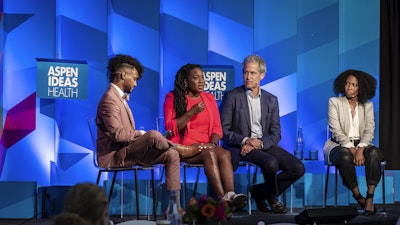
Structural racism, reflected in uneven access to care, inequitable community conditions, and the wealth gap, drives persisting racial disparities in health. Unconscionable dif...

Mental health crises are plaguing Americans. Despite parity mandates that require mental health services to be reimbursed like any other medical service, clinician shortages,...

The Broadway musical “How to Dance in Ohio” is the true story of a group of young people with autism preparing for a formal dance. Based on a documentary of the same name, the...

Katharine Hayhoe is an atmospheric scientist and Chief Scientist for The Nature Conservancy. Ahead of Aspen Ideas: Climate next week, we caught up with Dr. Hayhoe to discuss t...


Shakespeare is ubiquitous in literature classes and theater, but the avenues of relating to his work are not always clear to young people and modern audiences. Some, such as S...


When Sal Khan created Khan Academy, he was trying to scale up the successful experiences he’d had tutoring his cousins one-on-one in math. He saw how effective it could be for...
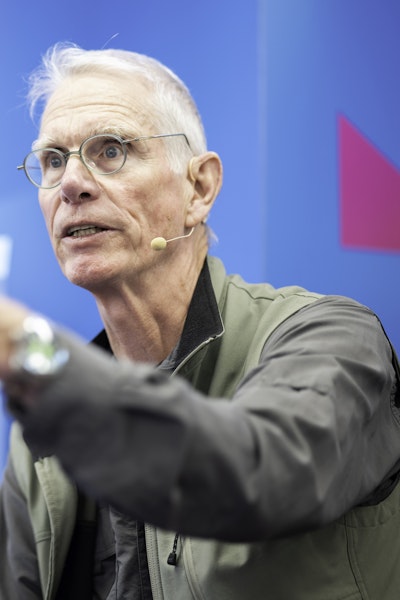
Do American universities have an obligation to educate their students to be the next generation of citizens and civic leaders? What does it mean for a university “to offer stu...
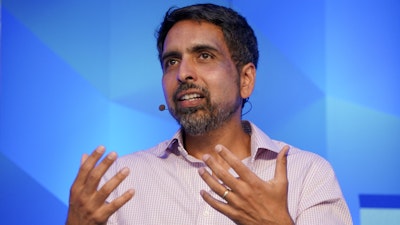
At a moment when decades of academic achievement have been lost, can we amplify the benefits of A.I. equally across society, or will we allow a deeper digital divide to leave...
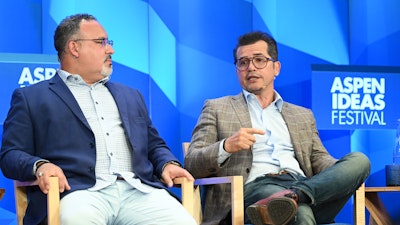
Digital skills open doors to jobs in tech, media, and across all industries. Connecting diverse students and workers with the education and training needed for the 92% of toda...

As members of the Giving Pledge, Melanie and Richard Lundquist have given more than $400 million over the past decade to critical causes ranging from educational opportunity t...

With students learning in more places and different ways than we have ever seen, the pace of change in education is dizzying. Join our panel of education experts in a discussi...
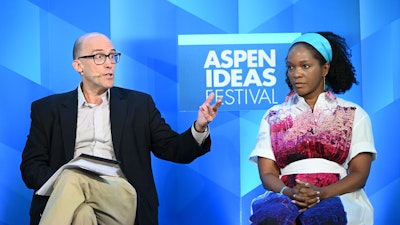
In this new Aspen Ideas format, all attendees gather each morning to kick off the day by exploring a current issue of deep complexity. This year, the Supreme Court is once...
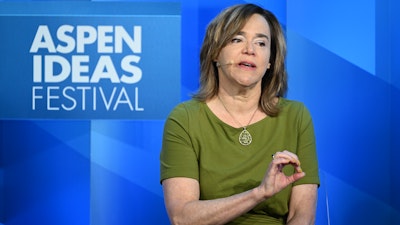
In this new Aspen Ideas format, all attendees gather each morning to kick off the day by exploring a current issue of deep complexity. Debates over the content of our hist...

Why is there resistance to the idea that public funds should be used for art? What does it mean for the stewardship of cultural and educational organizations and the support o...


